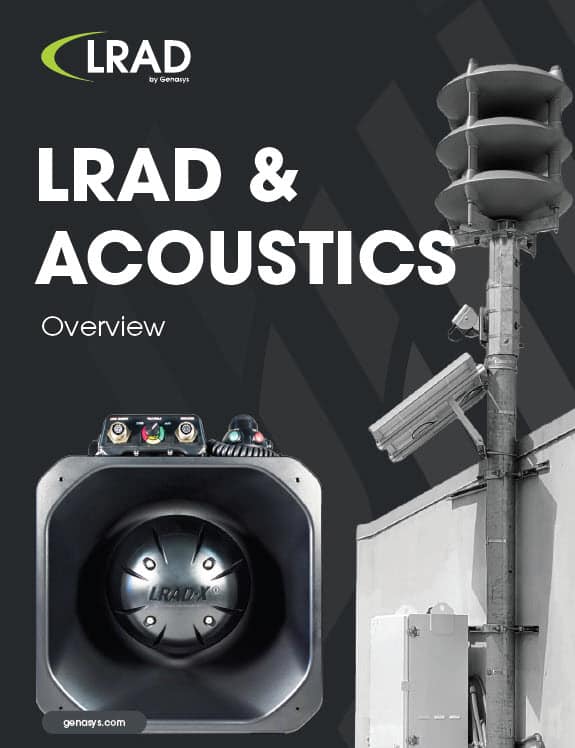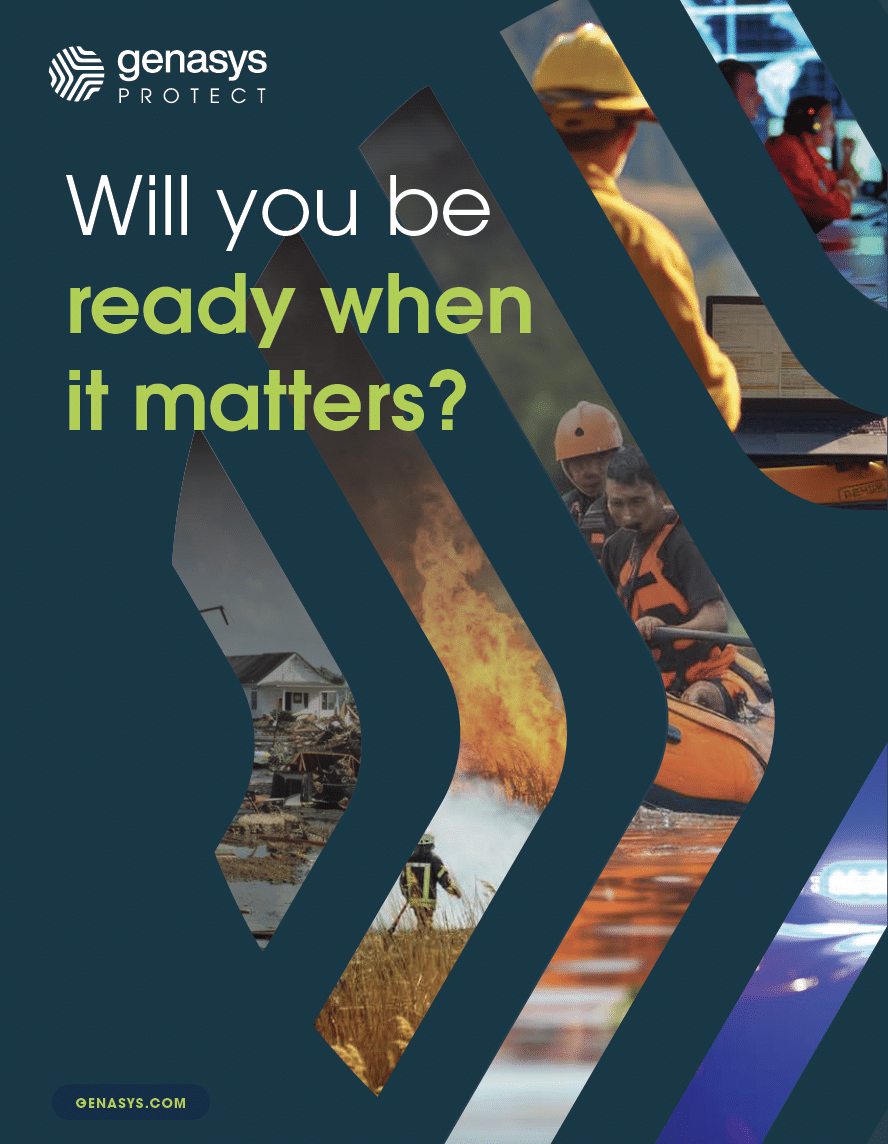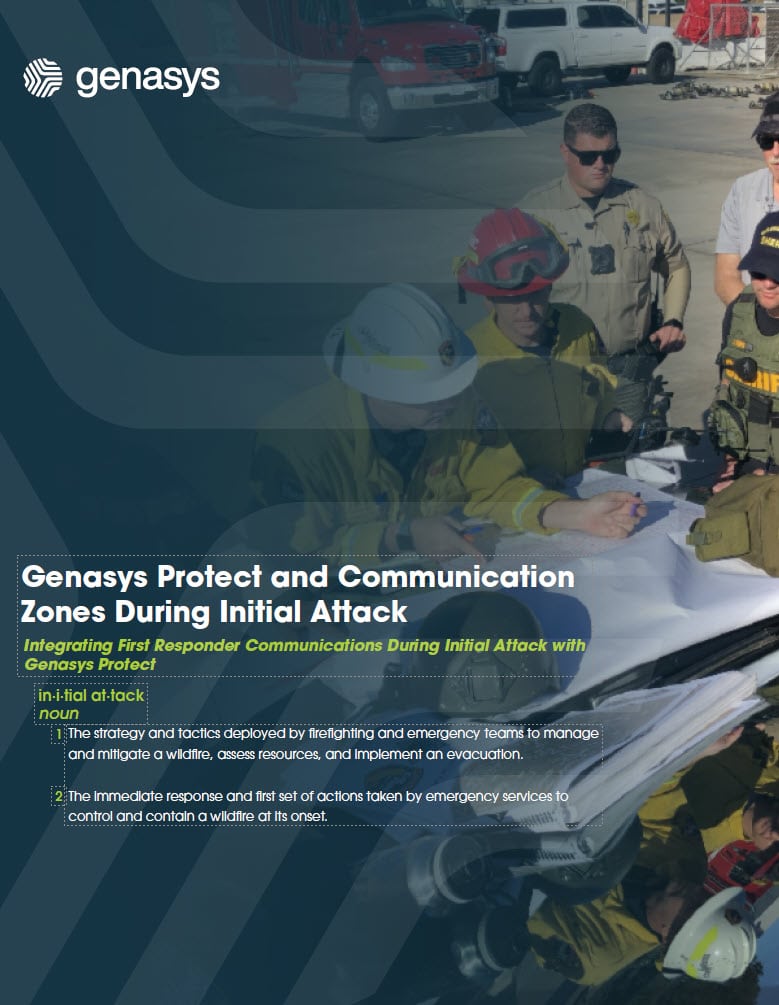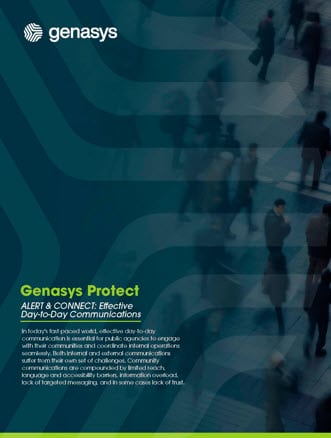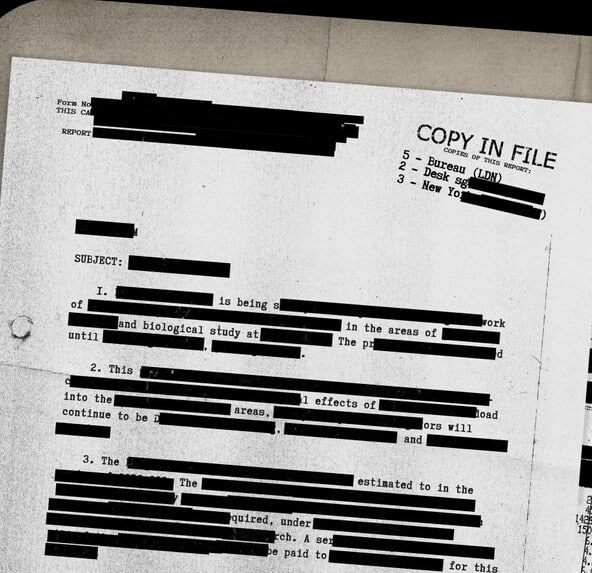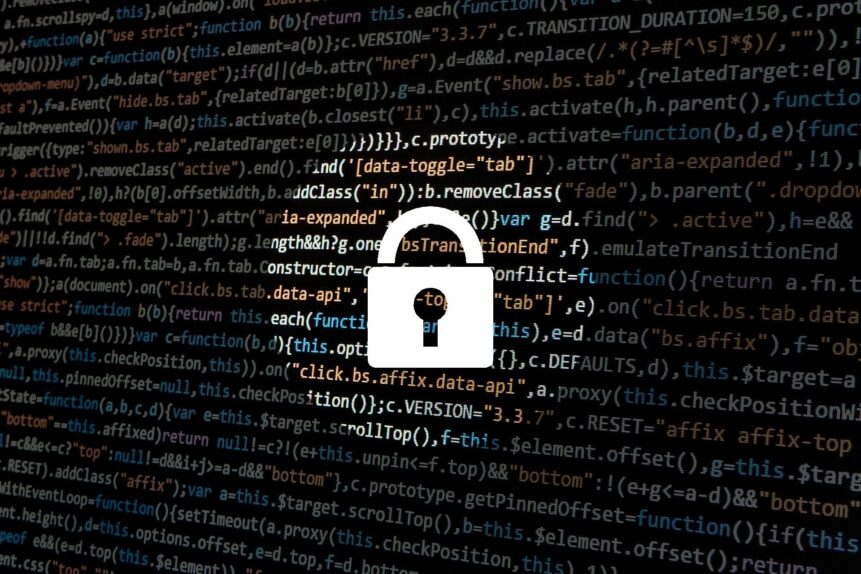By Jeff Halstead, Ret. Chief of Police, Fort Worth, TX
Director of Strategic Accounts at Genasys
There are multiple communications platforms or Apps that are used in government. The most popular apps used for encrypted communications today are:
- Signal (launched in 2014 / owned by Signal Messenger, LLC)
- WhatsApp (launched in 2009 / owned by Meta, Facebook, Inc.)
- GroupMe (launched in 2010 / owned by Microsoft)
It is important to understand that NONE of these apps were designed for government communications, where transparency expectations exist from all government agencies. Keep in mind—NO data is owned by any government agency.
This creates a significant challenge when an agency is using one of these consumer apps for specific government operations, e.g., surveillance, investigations, protests, or providing justification for taking government actions (arrests, use of force, detainment, incarcerations, etc.).
To make this matter even more complicated and of serious concern to any government agency is that Signal was the primary communications platform used for the planning of the January 6th DC riots. It is also the standard platform for encrypted communications for Mexican Drug Cartels, Human Trafficking, Sex Trafficking, and Organized Crime.
Understanding Where the Confusion Exists
As a retired Chief of Police, Fort Worth Police Department, and Founder of Evertel Messaging Software, now Genasys CONNECT, I have researched this topic for 10+ years and have trained thousands of government employees and public safety executives on this topic. Here is what I have learned from them:
- They choose the consumer app because it’s “encrypted,” which aligns with their understanding of official public safety radio networks; but this technology is fundamentally different.
- Many consumer apps are FREE and do not require budget approval or IT review. Using these apps, they can quickly initiate conversations within their agency and with other related groups.
- There is NEVER an intention to violate state or federal law. Once informed, the majority of these leaders (95%) immediately STOP using consumer apps.
However, with many federal and state agencies still using consumer apps, including Signal, there is a need for further education to prevent agencies from being at risk of violating existing laws.
3 Critical Things to Remember When Selecting a Messaging App
For government officials, whether local, state, or federal, there are three important criteria to remember when considering any consumer app:
1. Transparency & Accountability of Government— Who Owns the Data?
There is a simple rule to follow here: If your agency does not own all data and have full accessibility to that data 24/7, discontinue using that app. This applies to ALL of the apps listed above!
Why is this critical? When your actions and decisions as a government official become questioned, you will need to show ‘why’ you took certain actions or made specific decisions.
When a major technology company owns your data, getting access can prove to be very challenging and sometimes, the data is simply inaccessible. This will generate high-profile questioning regarding transparency and compliance with federal law (e.g., FOIA).
With the three most popular encrypted communications platforms, or ‘consumer apps’, the data is specifically owned and accessed by the technology company, NOT the government agency. With Signal, if ANY member of an encrypted chat or room chat deletes the data, it is gone forever!
Many government officials have no idea this can happen and will find themselves completely unprepared for the consequences.
Additionally, while your communications are encrypted, information can be viewed by others, including company employees and engineers? This is extremely problematic when working with sensitive investigations, multi-state criminal activity, or top-secret intelligence.
2. Security & Accessibility of Data—Who Owns the Encryption Key?
What is an encryption key? An encryption key is a string of characters used within an encryption algorithm to transform plaintext into ciphertext, making the data unreadable to unauthorized users. It serves as a fundamental element in cryptographic operations, ensuring data security and confidentiality. The key can vary in length and complexity, with longer and more complex keys providing higher levels of security. In symmetric encryption, the same key is used for both encryption and decryption, while in asymmetric encryption, a pair of keys (public and private) is used.
The security of encrypted data heavily depends on the secrecy and robustness of the encryption key, making its management and protection critical in any secure communication or data storage system.
Why is this important? If you do not own the encryption key, you will NOT be able to download or provide the data that is being requested. Furthermore, your agency may not be able to access this data when requested by the public, the media, or a court order. This can be severely damaging to the agency’s reputation and the leadership’s ability to prove transparency and compliance with federal law (FOIA) and each state’s public records retention laws.
3. Transparency & Compliance for Operations, Court, Testimony, Trial—Can Data be Deleted or Altered?
The intentional deletion of data, chats, and conversations has proven to be extremely problematic for government officials, especially public safety leaders and law enforcement. When it is suspected that your agency (or YOU specifically) intentionally attempted to delete or hide data from public inspection or the media, you risk potential criminal charges and loss of your livelihood.
For government officials, the intentional deletion of data and technological evidence is a crime in every state. This matter is even more serious for law enforcement because if they are intentionally violating state & federal laws, this is an extreme violation of their Oath of Office and the ethics of their profession.
Genasys CONNECT: Fully Compliant, Encrypted, and Built for Government
After I retired from police work in 2015, after 27 years with Phoenix Police Department and as Chief of the Fort Worth Police Department, I realized the inability for police agencies to instantly, securely, and legally share crime intelligence was a significant challenge across the world.
I visited 40 states and 6 countries, speaking at more than 40 conferences and listening to public safety leaders. There were no compliant messaging options for them, their employees, or their agencies.
I worked closely with our team and launched an encrypted, legally compliant, and controllable communications solution specifically built for public safety and government — CONNECT by Genasys.
CONNECT, part of the Genasys Protect platform, provides full ownership of all data shared within your agency’s encrypted cloud portal. CONNECT also allows you complete connectivity, at no charge, to ANY agency needed, regardless if they are a customer. No more technology silos or separation between government agencies.
CONNECT also provides full ownership of all data, including attachments, images, videos. Most importantly, each agency has full ownership of their agency’s encryption keys. At any time, if any leader is requested to provide data, chats, or evidentiary sharing of information, it can easily be accessible in seconds by the agency’s executive staff.
With CONNECT, there is NO need to use consumer apps! Your agency will automatically be fully compliant with CJIS, FOIA, HIPAA, and every state’s public records retention laws.
Hear me explain all of this in a short video.
Contact Genasys to learn more about CONNECT and the Unified Protective Communications Platform by Genasys.

